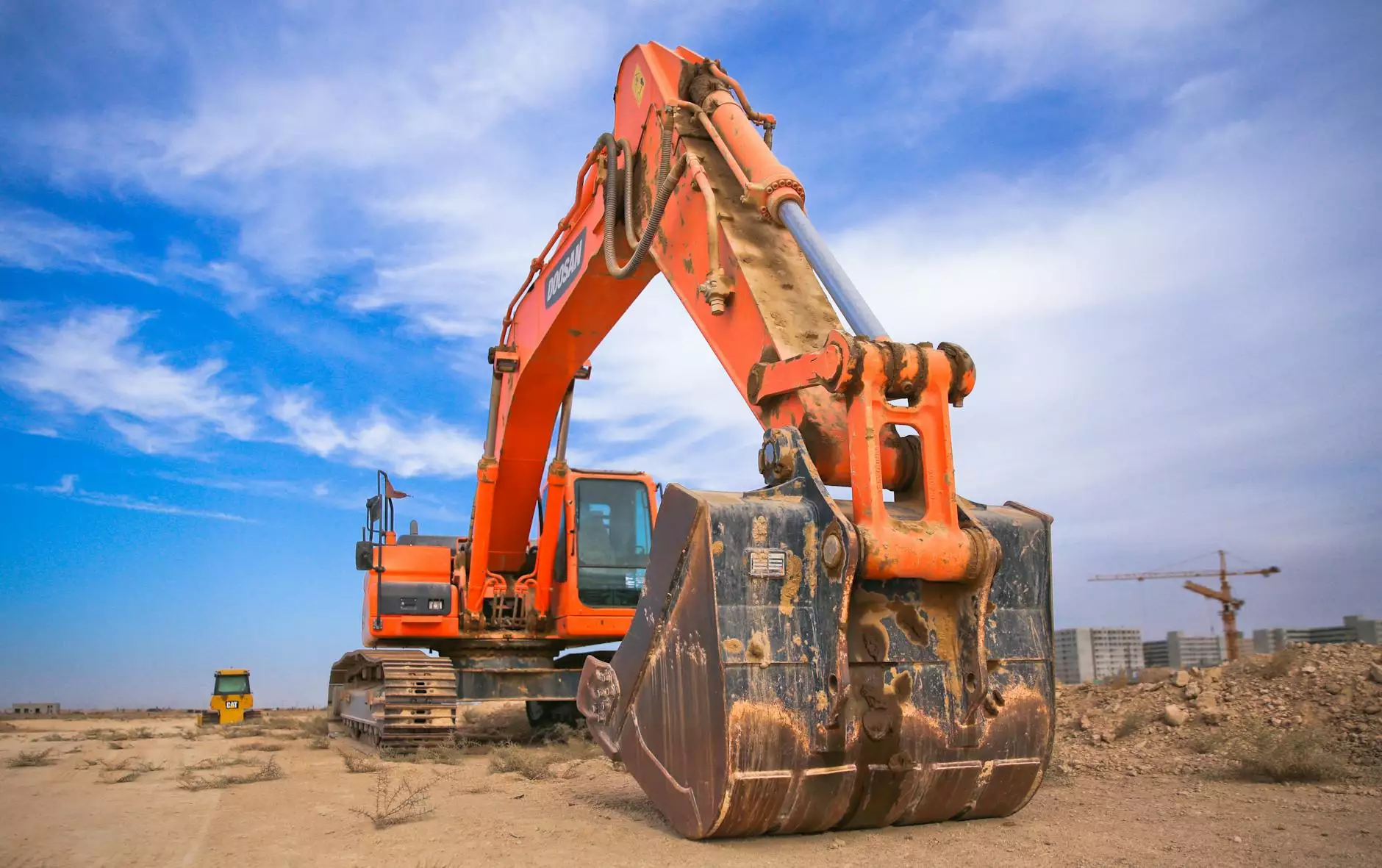Transforming Healthcare Accessibility with Mobile Health Trucks

The landscape of healthcare is undergoing a remarkable transformation, especially in underprivileged and remote areas. One of the most impactful innovations in this domain is the advent of the mobile health truck. These trucks are not just vehicles; they are lifelines, bringing essential medical services directly to those who need them most. In this article, we will explore the numerous benefits of mobile health trucks, the scope of services they provide, and their vital role in promoting health equity across diverse populations.
What is a Mobile Health Truck?
A mobile health truck is a specialized vehicle equipped with medical tools and technologies designed to deliver a range of healthcare services. These trucks are commonly outfitted with examination rooms, diagnostic equipment, and telecommunications systems that enable healthcare providers to connect with hospitals and specialist physicians. The primary goal is to overcome barriers to healthcare access, particularly for individuals in rural areas, low-income communities, or regions affected by natural disasters.
Key Benefits of Mobile Health Trucks
Mobile health trucks are game-changers for many communities. Here are some significant benefits:
- Increased Accessibility: Mobile health trucks eliminate the transportation barriers that many individuals face when trying to access healthcare facilities.
- Cost-Effective Services: Operating mobile clinics often involves lower overhead costs, allowing them to provide services at a reduced price.
- Comprehensive Care: These trucks can deliver a wide array of medical services including vaccinations, screenings, and preventative care, among others.
- Community Outreach: Mobile health trucks can reach underserved populations, bringing health education and services directly to communities.
- Emergency Response: In the event of natural disasters or epidemics, mobile health trucks can provide rapid response care, delivering necessary medical supplies and immediate treatment.
Services Offered by Mobile Health Trucks
Mobile health trucks offer an impressive range of services aimed at addressing various health care needs. These include:
- Routine Check-Ups: Regular health checks for chronic conditions like hypertension, diabetes, and obesity.
- Immunizations: Providing vaccinations to infants, children, and adults as needed, significantly contributing to public health efforts.
- Diagnostic Testing: Offering lab tests, screenings for sexually transmitted diseases, cholesterol checks, and more.
- Mental Health Services: Providing counseling and mental health support to individuals who may not seek traditional therapy.
- Health Education: Conducting workshops and seminars on nutrition, wellness, and disease prevention.
The Role of Technology in Mobile Health Trucks
In today's digital age, technology plays a pivotal role in the effectiveness of mobile health trucks. Here are some technological advancements that enhance their services:
- Telemedicine: Mobile health trucks equipped with telehealth technology can connect patients with specialists remotely, broadening their access to necessary medical care.
- Electronic Medical Records: Utilizing digital records ensures continuity of care, allowing healthcare providers to track patient histories and treatments effectively.
- Diagnostic Equipment: Advanced diagnostic tools such as portable ultrasound machines and rapid testing kits can be used right from the truck.
Success Stories from Mobile Health Trucks
Across the globe, mobile health trucks have made significant impacts on communities. Here are a few inspiring success stories:
1. Rural Areas of the United States
In the United States, mobile health trucks have been deployed in rural areas where access to healthcare facilities is limited. According to reports, these mobile clinics have successfully provided thousands of flu vaccinations, well-child exams, and chronic disease screenings, drastically reducing the incidence of untreated health issues in these areas.
2. Disaster Response in Puerto Rico
Following the devastating hurricanes in Puerto Rico, mobile health trucks became crucial in delivering immediate medical care and distributing essential medications. They played a vital role in restoring health services and helping communities recover.
3. Mental Health Services for Homeless Populations
In urban centers, mobile health trucks have been transformed into mental health resource centers, providing support and treatment for homelessness and mental illness. They address the critical needs of vulnerable populations who often avoid traditional healthcare settings.
The Future of Mobile Health Trucks
The future of mobile health trucks looks promising as they adapt to the evolving healthcare landscape. With advancements in technology and increased funding from both public and private sectors, these mobile units are likely to expand their reach and improve healthcare outcomes in various communities.
1. Integration with Community Health Initiatives
As health disparities become more recognized, mobile health trucks will increasingly integrate with community health initiatives, ensuring that preventative care measures are in place.
2. Sustainable Healthcare Solutions
By leveraging sustainable practices, mobile health trucks will focus on eco-friendly operations, which is essential for public health and environmental protection.
3. Enhanced Patient Engagement
With the rise of patient-centric care, mobile health trucks will innovate ways to engage patients more effectively, utilizing mobile apps and surveys to gather feedback and tailor services to better meet their needs.
Getting Involved with Mobile Health Trucks
Individuals and organizations can play a significant role in supporting the operations of mobile health trucks. Here’s how:
- Volunteering: Medical professionals can volunteer to offer their services, while others can assist with administrative tasks.
- Donations: Funding is crucial for maintaining operations; thus, monetary or in-kind donations can make a significant difference.
- Awareness Campaigns: Spreading the word about mobile health trucks can help encourage community members to take advantage of the services offered.
Conclusion
The role of mobile health trucks in enhancing healthcare access and equity cannot be overstated. They bring vital medical services to the doorsteps of those who would otherwise remain underserved. By continuing to support and expand this innovative model, we can ensure that health service delivery is truly accessible for everyone. Through community support, advancements in technology, and ongoing dedication, mobile health trucks will illuminate paths to better health for countless individuals across various demographics.



